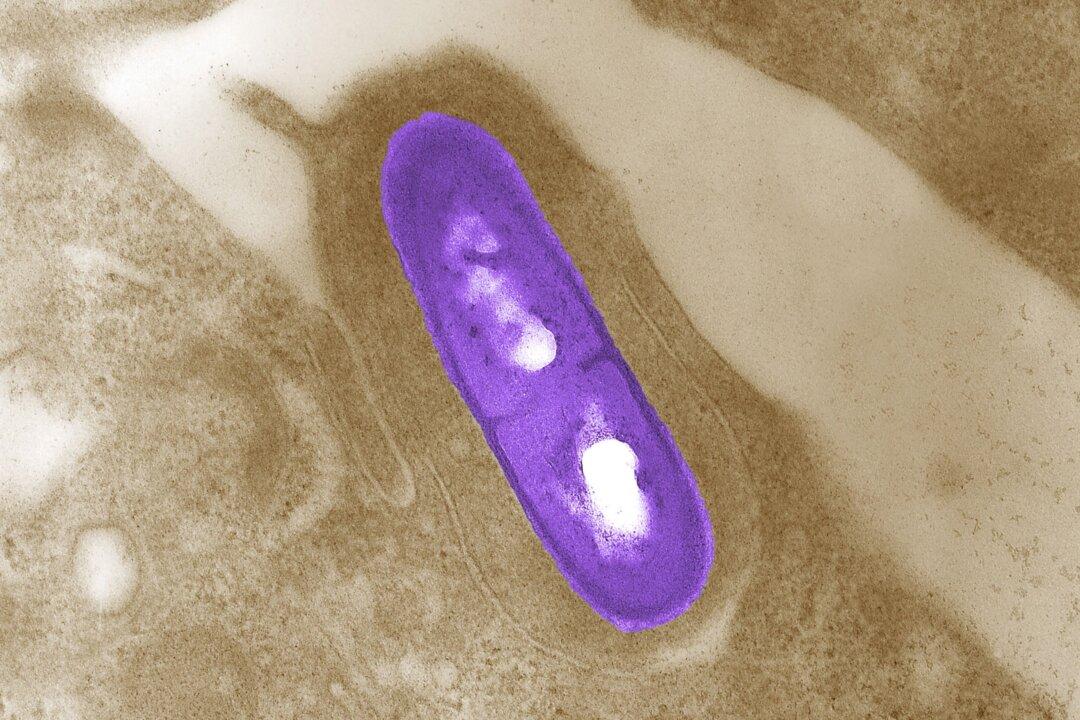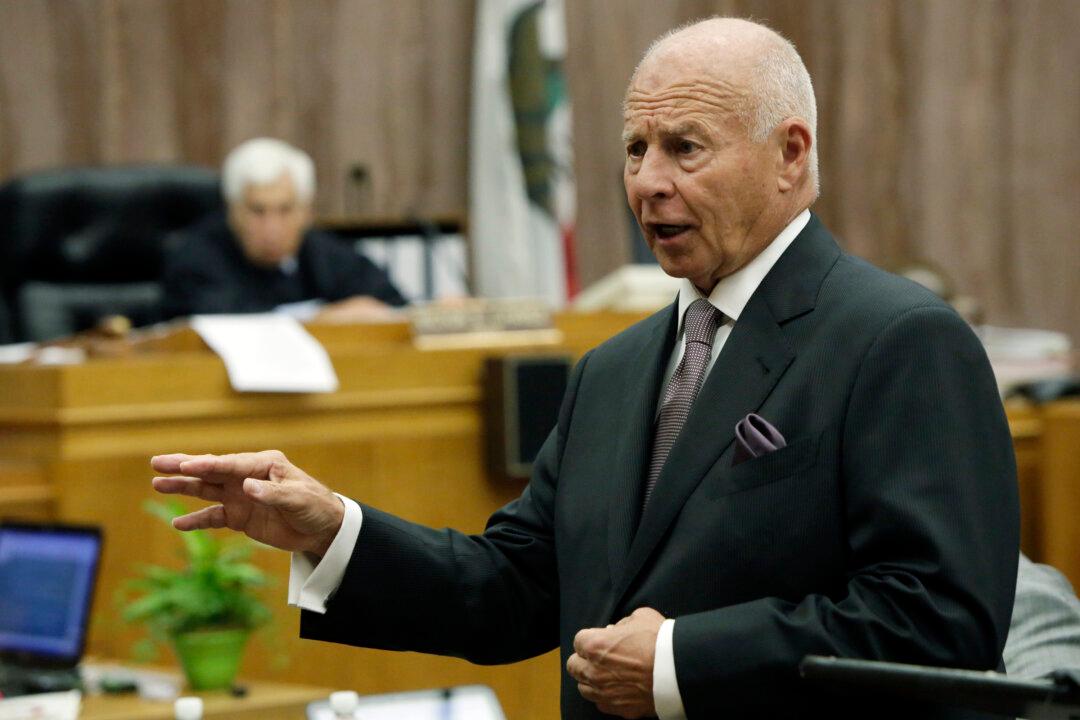Idaho has passed a new bill that seeks capital punishment for child sex predators. The bill, known as HB 515, would carry out the death penalty for any conviction relating to sexual acts with children younger than 12 years old.
Simultaneously, another bill, HB465, which would allow prosecutors to charge producers of child pornography using artificial intelligence (AI) with sexual exploitation, was passed alongside it.




